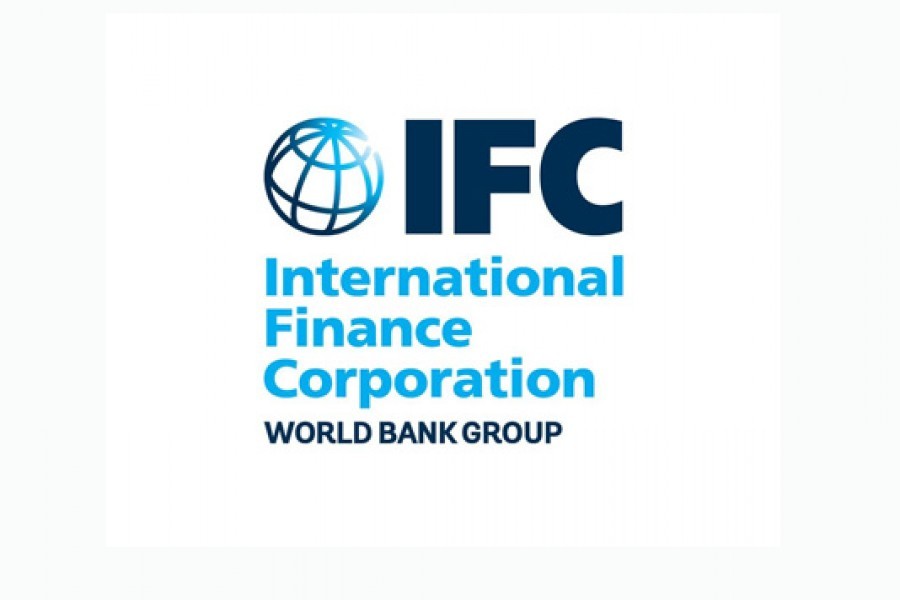Facilitating lenders to raise capital, boost liquidity
Developing securitisation market under study
IFC-sponsored foreign consultants doing spadework

Published :
Updated :

A study gets going to find ways of developing a robust securitisation market in Bangladesh to enable lenders and financing companies to raise capital and enhance liquidity, officials said.
The International Finance Corporation (IFC), the private-sector arm of the World Bank Group, is conducting the study with hired foreign consultancies as securitisation activity in Bangladesh has remained stymied.
Securitisation is a form of off-balance-sheet financing that involves pooling financial assets and issuing securities that are repaid using the cash flows generated by those assets. Securitisation enables lenders and financing companies to raise capital and enhance liquidity.
The IFC study seeks to list out barriers, gaps, and enablers to support the development of a securitisation market in the country to open new channels for investment.
Also, it aims to foster a more diversified and resilient financial sector and, eventually, to contribute to long-term economic growth, the IFC has said in a recent communiqué to the ministry of finance.
The finance corporation has engaged Spain-based Analistas Financieros Internacionales (AFI), an independent research and consulting firm, in partnership with Mainspring Partners (Spain), a corporate finance advisory boutique, and Farooq and Associates (Bangladesh), a law firm (together, the Consultants), to do the spadework.
They have been assigned to conduct diagnostic and scoping activities leading to developing a roadmap on how to go along advancing securitisation in Bangladesh.
Officials of the IFC and the consultants recently met with regulatory bodies, subject- matter experts and key industry participants, among others, as part of the study proceedings.
A senior finance ministry official told the FE that in April finance division secretary Dr Khairuzzaman Mozumder at a meeting discussed issues of bond-market development, asset-securitisation procedure and making national savings documents tradable, aiming to enhance the number of instruments on the debt market.
He said a committee has been assigned to work for making national savings documents tradable and also on modus operandi of converting assets to securities.
"However, the process has yet to get a shape," said the official.
Economists, however, think developing a securitisation market is not possible when the country has only a few of debt securities. They say the study for developing a securitisation market will be "a hypothetical exercise".
Dr Zahid Hussain, a former lead economist in the World Bank Dhaka office, says Bangladesh's debt market is yet to be developed and there are only a few tradable instruments on the debt market--government treasury bills and bonds.
Trading in these instruments on secondary market has only begun recently while the corporate debentures are also not being traded on the debt market, he notes.
Mr Hussain says there is nothing in Bangladesh except treasury bills, savings certificates, and housing loans to make a pool of debt instruments.
"Our debt market itself is still at a primitive stage while share market could not be developed as expected. Moreover, there is almost no bond market and equity market in Bangladesh until now," he adds.
"At this stage, there is no scope to make new derivatives by creating pool of existing securities and collecting money by selling those derivatives will be a hypothetical exercise," the economist opines.
"Unless you can prepare a roadmap for development of debt securities, how do you build on that? This is foundation for securitisation. When the foundation is absent, how you can launch the derivatives," he poses the question.
"This will be a textbook-type exercise," he concludes about the inadequacies of fundamentals that a securitisation market needs as prerequisites.
syful-islam@outlook.com


 For all latest news, follow The Financial Express Google News channel.
For all latest news, follow The Financial Express Google News channel.